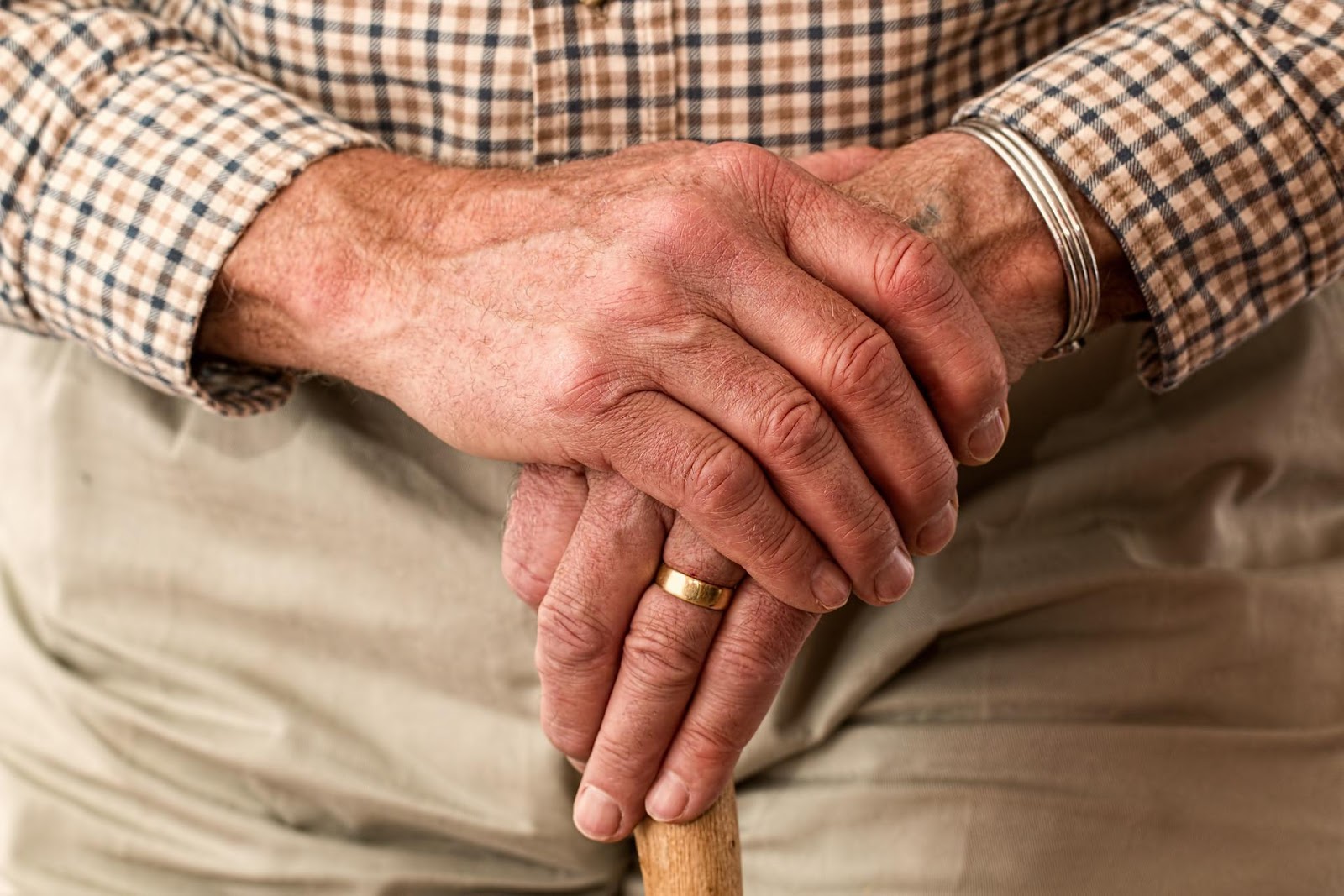Helping older adults understand they need a diaper is a difficult task. Being treated like a typical baby can be challenging for seniors, especially when they have no physical or cognitive impairment and expect to be valued. Getting them to adjust to a sudden shift like this in their life requires mindful support from all carers.
To encourage older adults to accept this as a problem serious enough to be solved in this way, a caregiver must be patient, understanding, and committed. A caregiver also requires the appropriate knowledge and technique to achieve this goal.
This piece will provide a helpful guide on how to help a senior in your care comply with using a diaper to control their incontinence. Later we will take a deeper dive into why seniors go into denial. Then it explains how you can successfully convince them, according to expert research.
Here are a few tips to help you convince your elderly to use adult diapers:
Help Boost Their Self Esteem

Helping your parent or senior in your care through these trying times entails reaffirming their self-esteem. Staying respectful and constantly encouraging older adults would make them feel much better. You may reference a friend of theirs using incontinent products and how it is helping them lead a better life.
Ensure you get the right fit and design to avoid further embarrassment like leaks when they accept to use the products. There are sizes, like the 3XL adult briefs, for seniors with larger frames and smaller ones for petite people. It’s advisable not to use bad quality products that could cause further harm to their skin and overall health. Avoid cheap products that feel unnecessarily bulky and embarrassing.
Watch Your Words

Everybody knows what a diaper is. Diapers are one of the first things babies recognize in the environment as theirs. That is a reason to avoid mentioning the product name when convincing older adults, as it is probably considered demeaning. A diaper is supposedly exclusive to kids who have no cognitive capacity to recognize when to use the washroom, so mentioning it to adults would build negative emotions.
Mentioning incontinence products more acceptably might improve the chances of your seniors accepting them. There are suggestions in numerous psychiatric sociology research like the work of F.H Frankel to this effect. While you may find it challenging to find the right word for this period in your parent’s life, your language will be crucial to helping them. It is worth making that effort to find the best words to use during your persuasion.
Words like liners and pads may be more acceptable, as these words are unlike a diaper, which is seemingly a monopoly of infants. Pads are a product for adult females, medical patients, and sportspersons on different occasions. However, it is crucial to understand that no matter what words you choose in your conversation, maintaining respect for the senior in your care is unquestionable.
Get Help
Your attempt at helping your parent realize what needs doing may meet with scorn and a complete lack of cooperation. Defiance is usually the result of seniors thinking the carer is not qualified or worthy of providing the help they claim. Some older adults do not even trust their caretakers enough to deem recommendations and observations serious.
When this is the case, getting external help might be a solution. Reaching out to a doctor, especially one that’s also an older adult, could prove most effective. Another means to get a senior to cooperate is to get an old friend they trust or someone from Adult Protective services they would respect for advice. Getting someone they respect would help keep their defence down and get them to be more understanding.
Why Seniors Deny They Need Help?

Older adults have many reasons to deny needing help for their several conditions. Seniors may act difficult because they feel depressed, but sometimes they are just innocent and ignorant of the situation as we know it.
As people age, the tendency to develop diminished senses is high. Seniors naturally lose the ability to smell and see as they might once do, which could cause them to take the matter less seriously. When the caretaker is not patient enough in situations like this, seniors in care might feel like the caretakers are overreacting and intolerant. The chances of downplaying the severity of the condition are higher when a senior doesn’t leave home much, get visitors, or interact with others.
Sometimes the best way to encourage compliance is to respectfully make them realize the implication of their incontinence from trusted people around. This may cause an older adult to feel embarrassed and accept help. When the reason for refusing help is not depression or obliviousness, the senior may be struggling with a cognitive decline. Check for dementia through a complete doctor evaluation to know the way forward.
What Can You Do?

Denial is a natural response to being told they are bedwetting. An older adult with sound cognitive abilities would feel embarrassed and helpless at first, so employing a few techniques would help.
Start by appealing to their sense of pride and building on it. It is a fact that the idea of getting old is not what many people would fancy. After this, you may break it to them yourself or get help from others that they are soiling clothes and causing a serious mess.
Get ready for the awkward conversation and prepare to be surprised if they admit it the first time. If they deny and you are not making progress, you may try incontinence products that feel as regular as possible on the body.
Conclusion
Sometimes it is difficult for seniors to accept that someone the age of their children or even a child they raised is trying to tell them what to do. Working with a senior is never an easy job, and it may not matter if they still have their cognitive abilities intact or not. When seniors in your care have sound mental health, be respectful and avoid making them question their value. Do not mention diapers yet if they struggle with the thought of using one.
Recognize when to allow them to make decisions themselves, when to step in with medical help, and when to control things for their good. Reach out for medical help and Adult protective services around you if things get out of hand.
